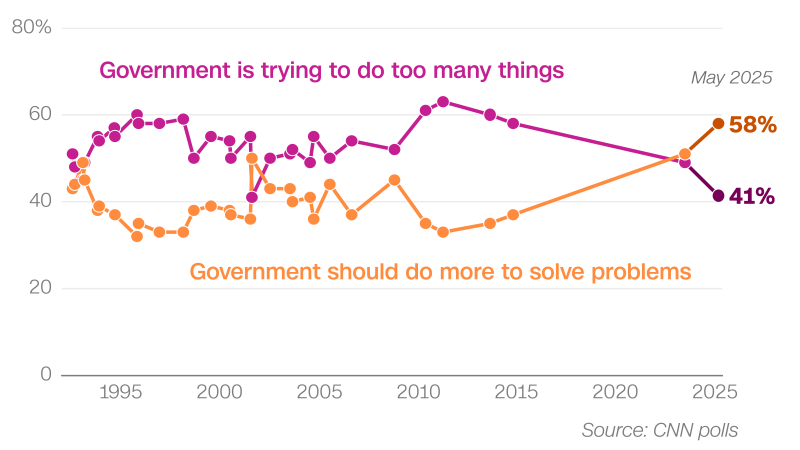Walking Away from Ukraine Now Would Be a Victory for Putin: Why a Ceasefire Threat is Counterproductive

The ongoing conflict in Ukraine has dominated international headlines for far too long, and the desire for a resolution is understandable. President Trump’s recent comments suggesting a potential withdrawal from ceasefire talks, however, raise serious concerns. While ending the war is undoubtedly a shared goal, threatening to abandon negotiations is a deeply flawed strategy that would ultimately embolden Vladimir Putin and undermine the principles of international law and security.
The core argument here isn't about whether to seek peace – that's a necessity. It's about *how* to achieve it. Abandoning the negotiating table, particularly when presented with a potential ceasefire, sends a dangerous message to Putin: that the West's resolve is wavering, and that he can achieve his objectives through continued aggression. It removes a crucial pressure point and allows him to dictate the terms of any future settlement from a position of strength.
Putin's actions in Ukraine have consistently demonstrated a willingness to exploit perceived weaknesses. He has repeatedly disregarded international norms, annexed territory, and engaged in a brutal campaign of disinformation. A sudden withdrawal of support or a threat to walk away from talks would be interpreted as precisely that – a weakness to be exploited. It would likely lead to further escalation, potentially drawing other nations into the conflict and destabilizing the entire region.
Furthermore, such a move would have devastating consequences for the Ukrainian people. They have bravely resisted Russian aggression, enduring immense suffering and loss. Abandoning them now would not only be a betrayal of their struggle for freedom but also a green light for further atrocities. It would effectively reward Russia for its actions and set a dangerous precedent for future conflicts – allowing aggressors to achieve their goals through force and intimidation.
The United States and its allies have a moral and strategic obligation to support Ukraine's sovereignty and territorial integrity. This support should include not only military and economic assistance but also unwavering diplomatic engagement. While pursuing a ceasefire is a legitimate objective, it must be done from a position of strength and with a clear understanding of Putin’s intentions. Threatening to abandon the process only weakens that position and provides Putin with the very advantage he seeks.
Instead of issuing ultimatums, the focus should be on strengthening international pressure on Russia, bolstering Ukraine's defenses, and exploring all avenues for a negotiated settlement that respects Ukraine's sovereignty and ensures lasting peace. Walking away from the table is not a solution; it's a surrender.
The path to peace in Ukraine is undoubtedly complex and fraught with challenges. But abandoning the pursuit of a negotiated solution, especially when a ceasefire is on the table, is a gamble with potentially catastrophic consequences. A firm and unified stance from the West, coupled with continued support for Ukraine, remains the best – and perhaps only – hope for a just and lasting resolution.





